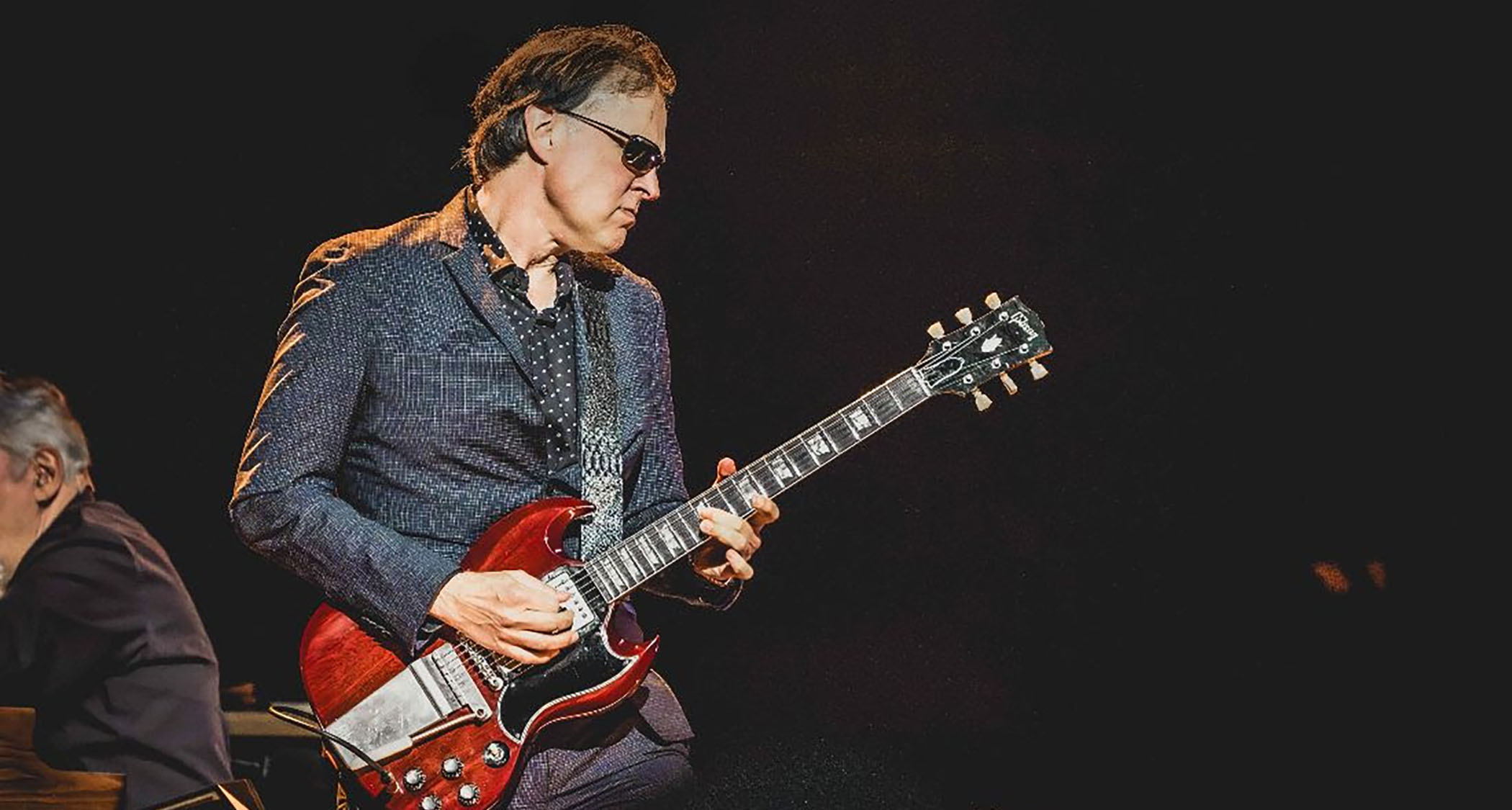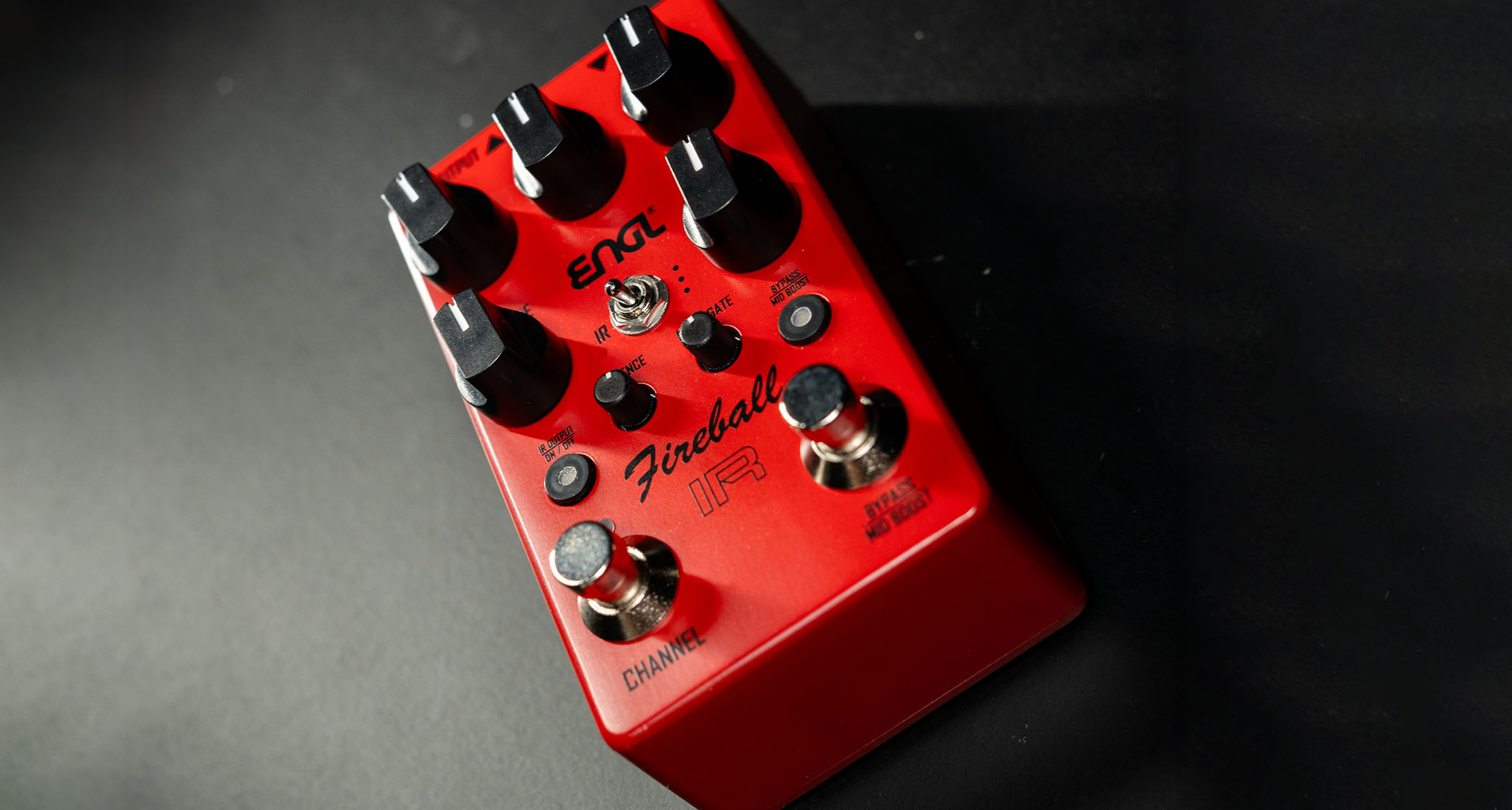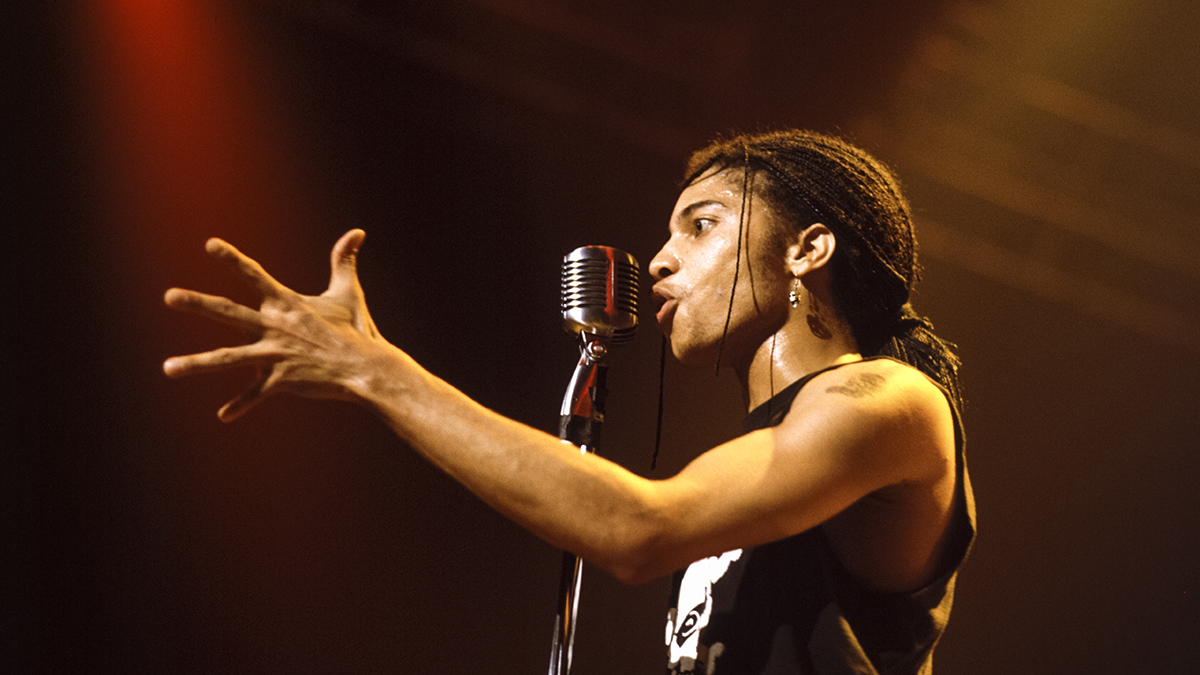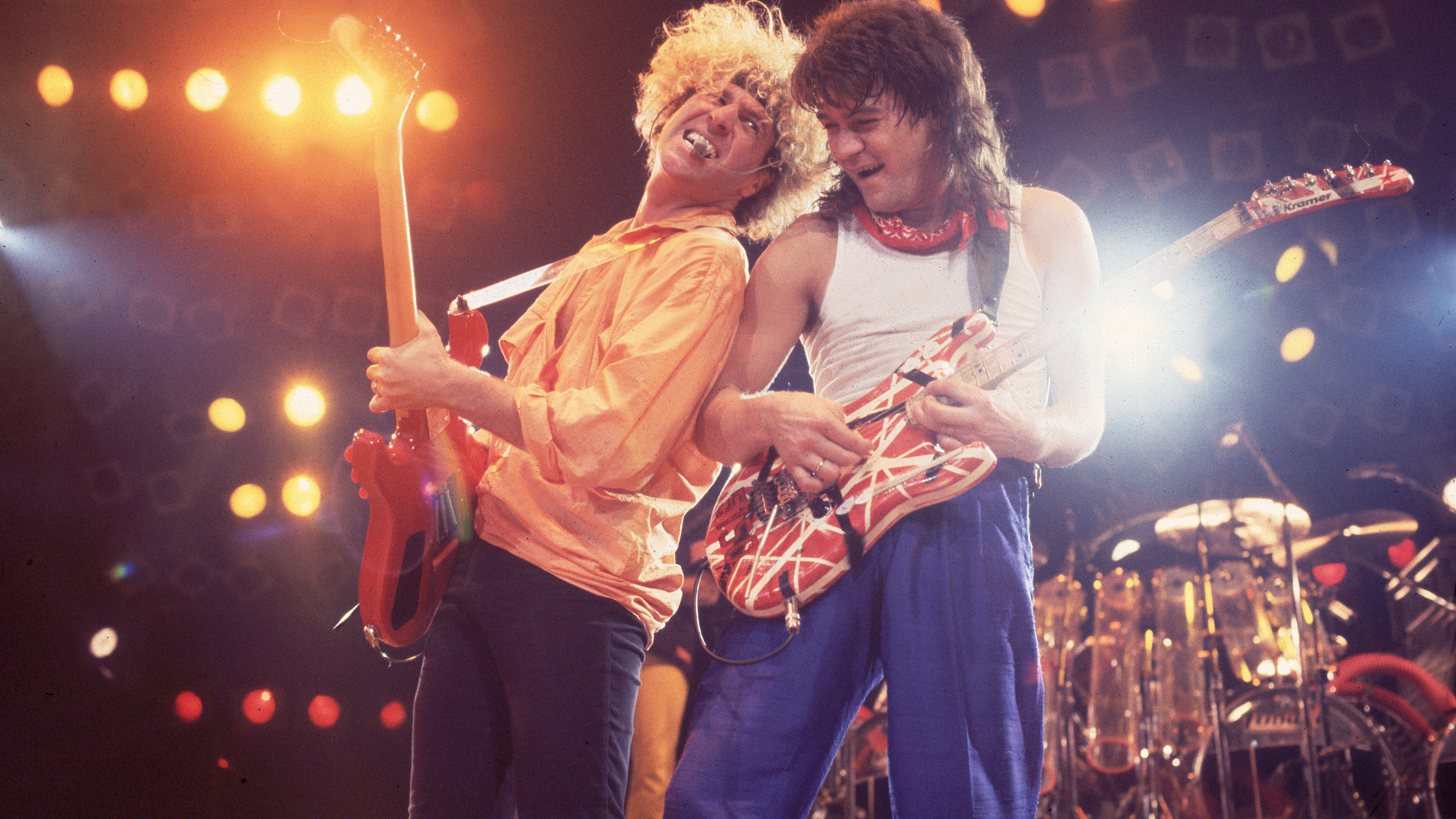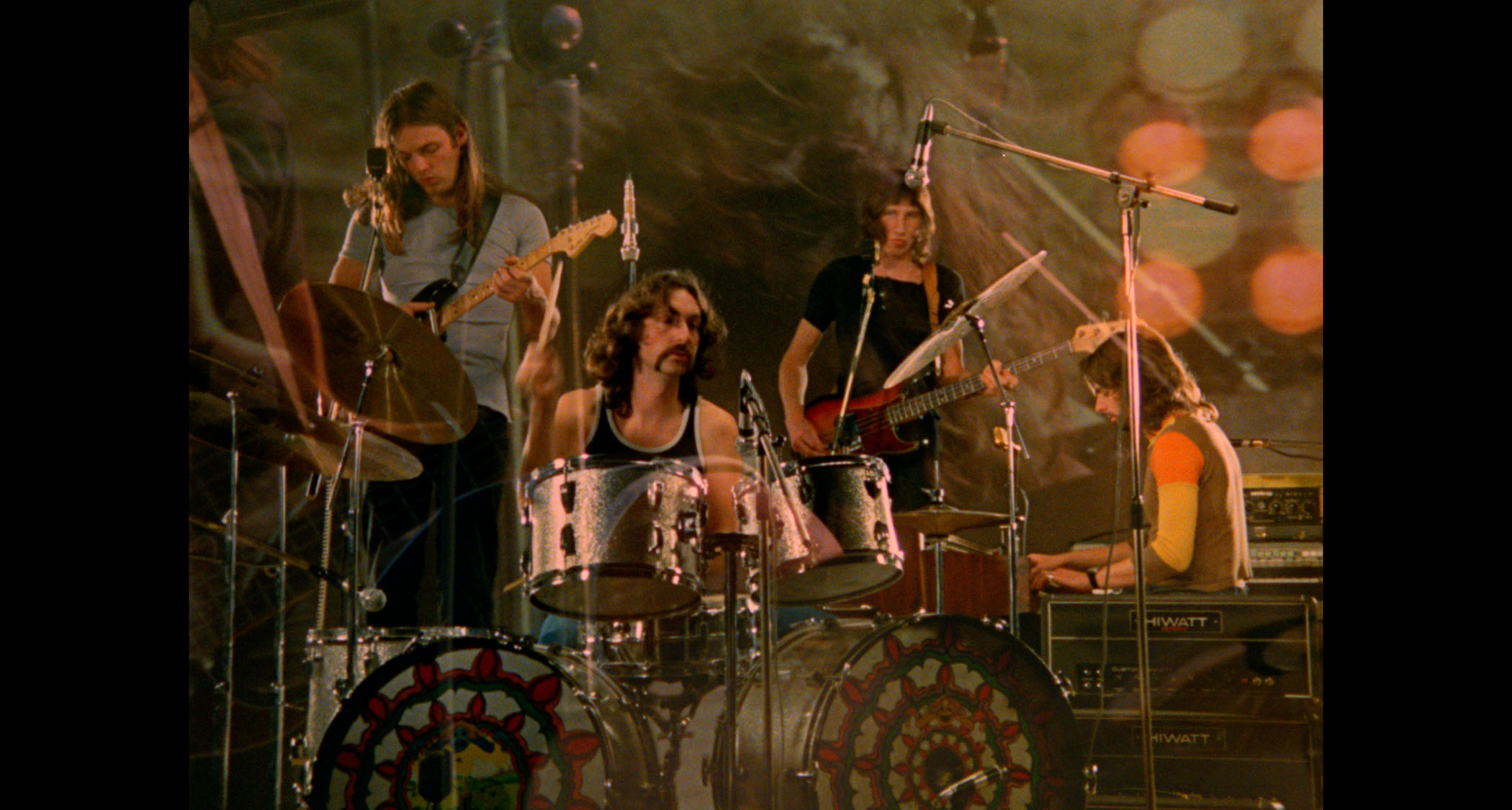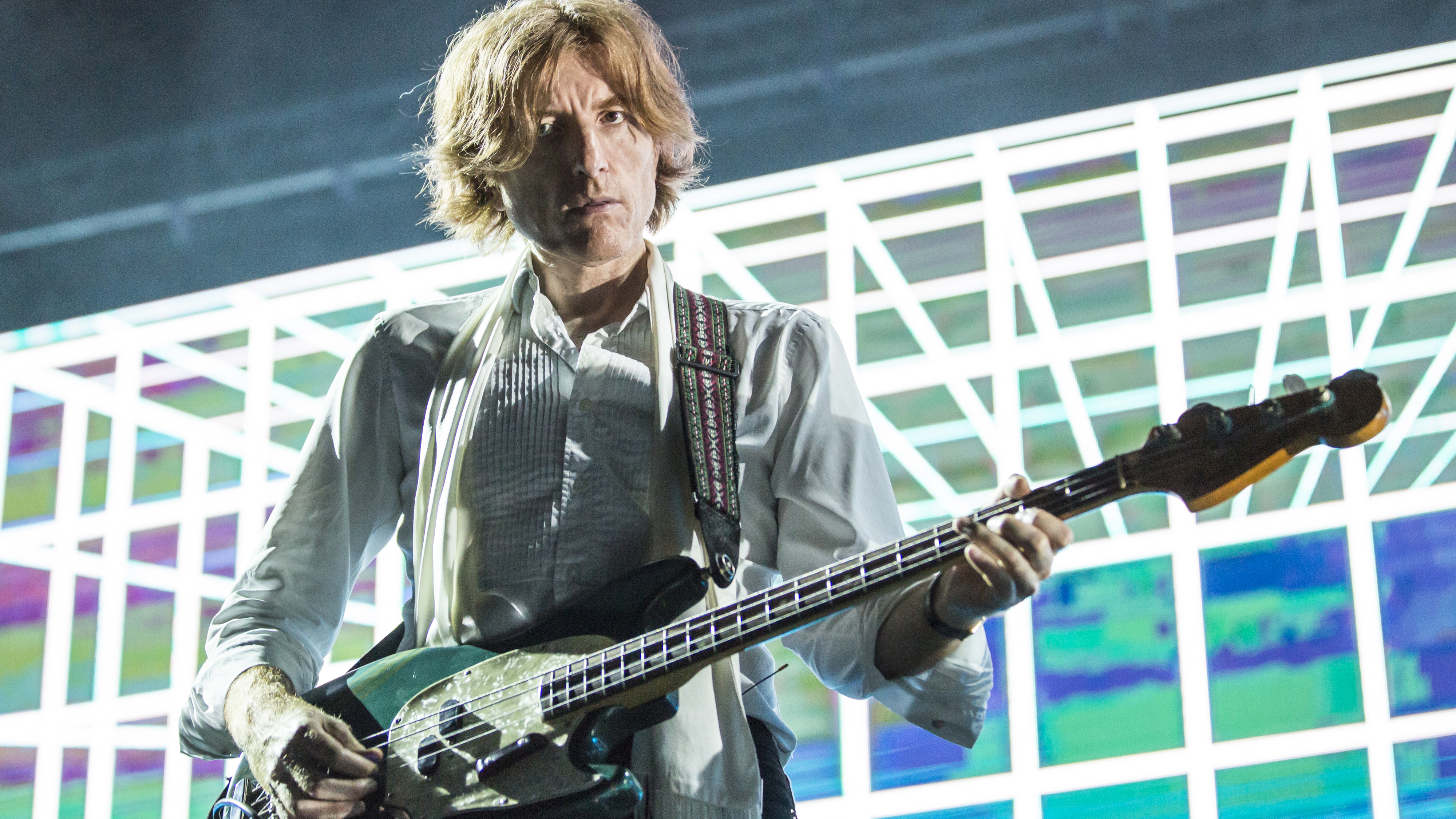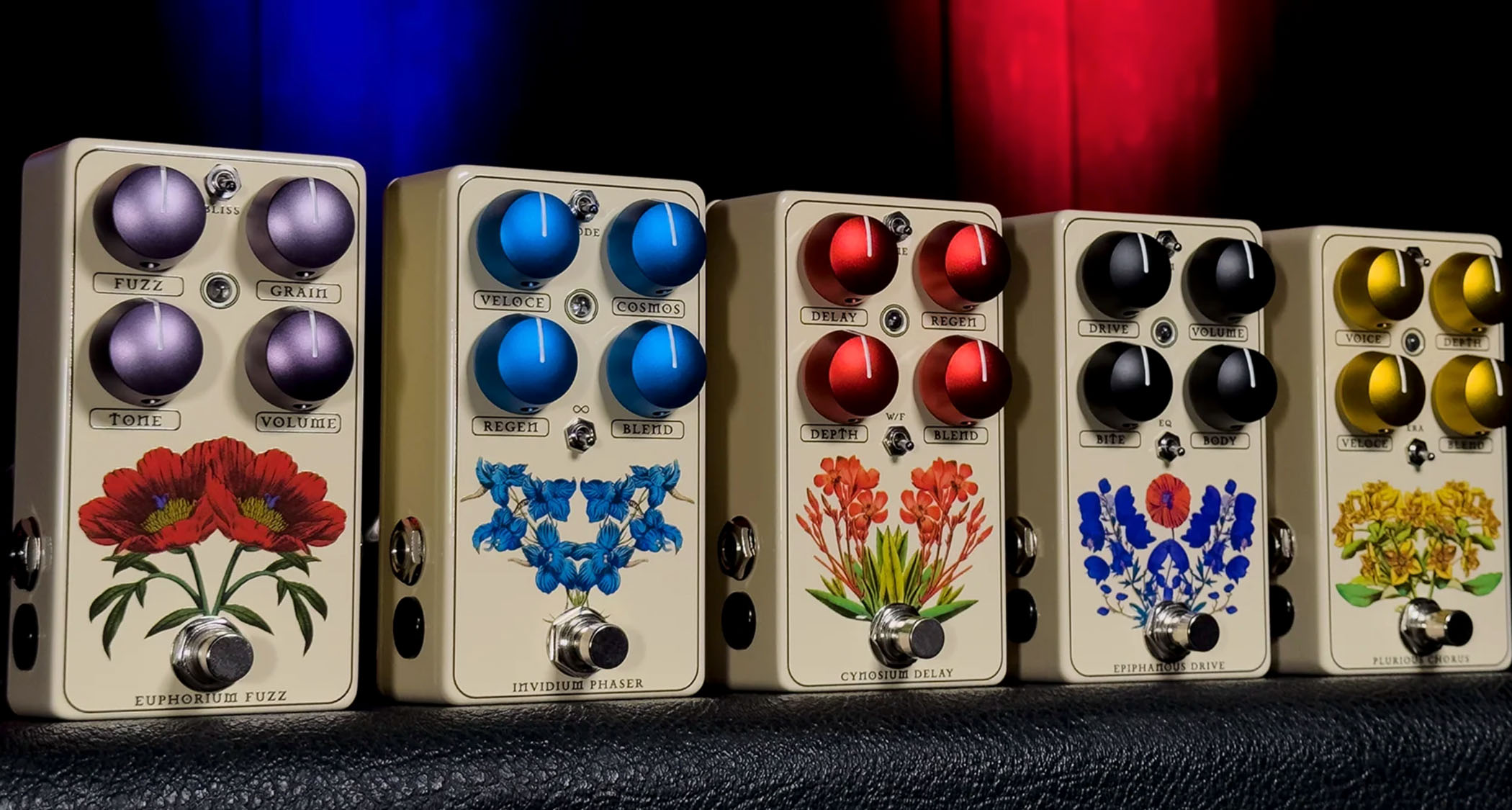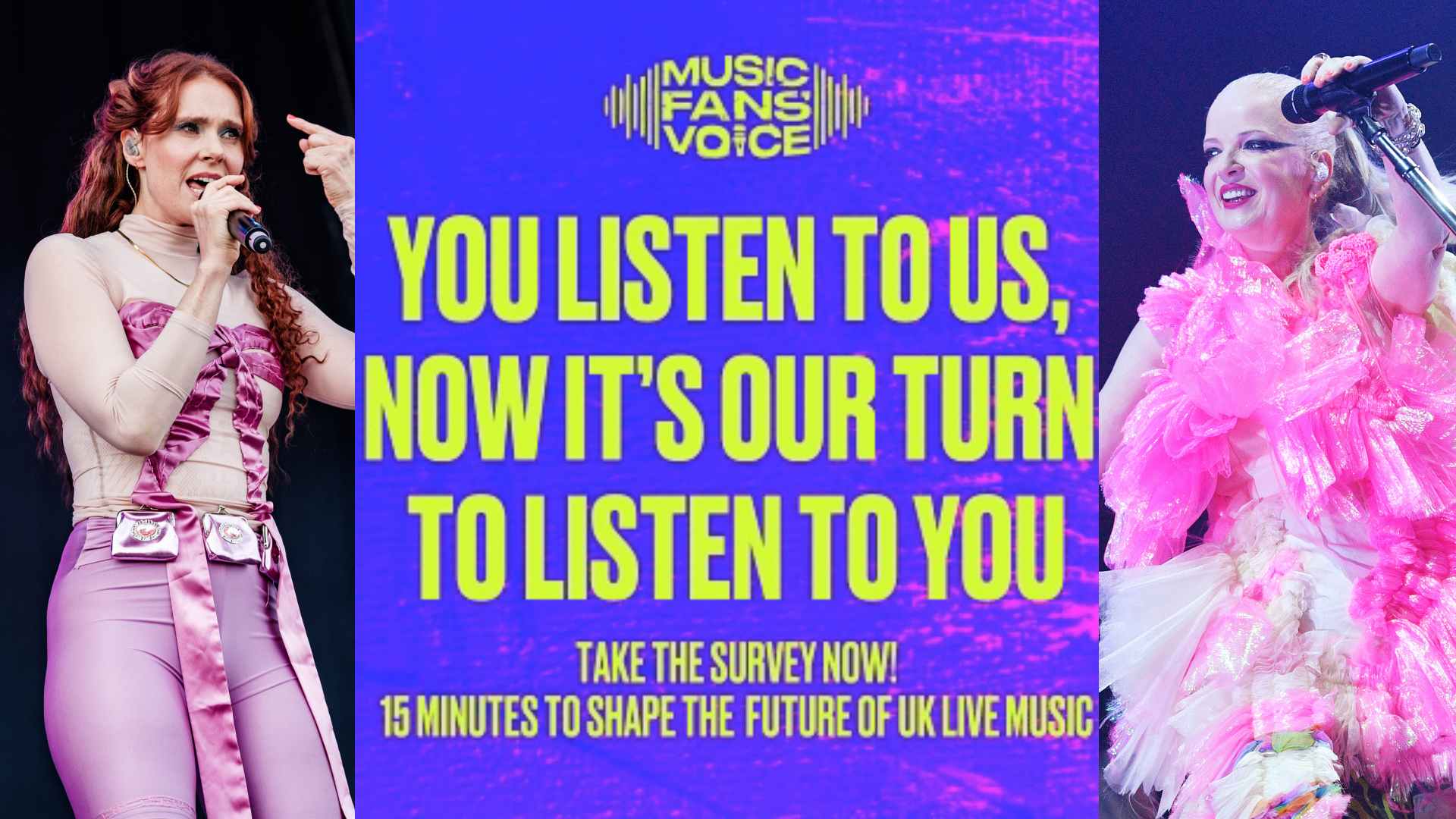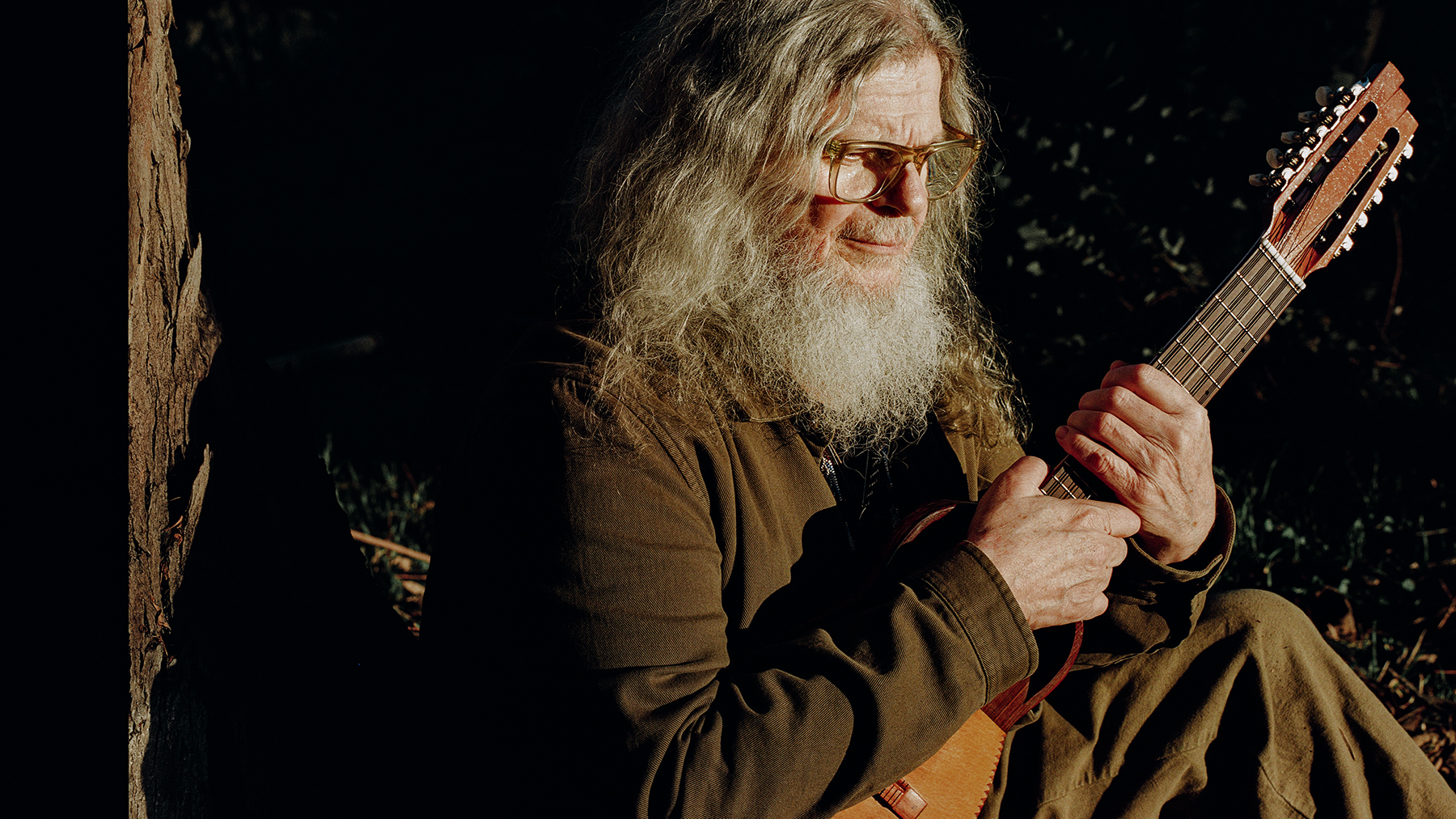Quincy Jones: “My proudest achievement? It would be like having to name my favourite child"
As the legendary producer celebrates his birthday, we revisit his thoughts on learning to play, music tech and his greatest achievements
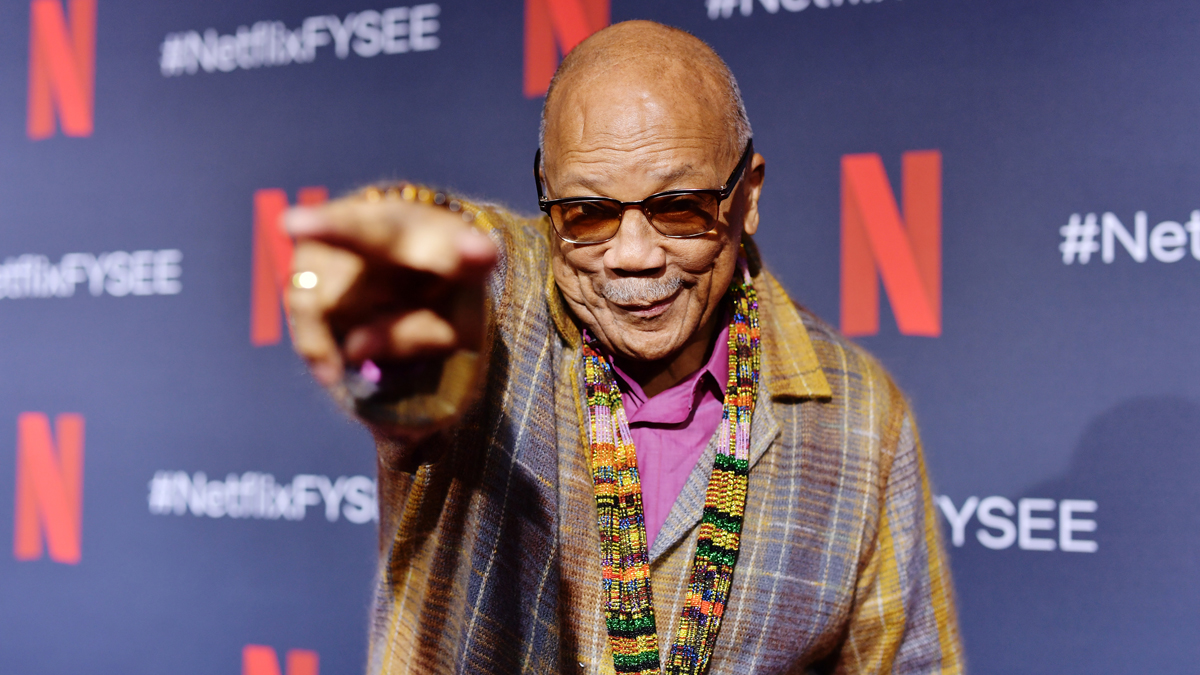
Perhaps the biggest tribute you can pay to Quincy Jones - who turns 89 today - is to say that, even if you think you know his story, you probably don't know the half of it.
Over the course of an almost 70-year career - just take that in for a second - he’s been a composer, record producer, artist, film producer, arranger, conductor, instrumentalist, TV producer, record company executive, television station owner, magazine founder, multimedia entrepreneur and humanitarian. And in all of these fields, his name has become a byword for quality.
Back in 2020, we asked Jones for his thoughts on music, production, technology and the relationship between them. We also discussed Playground Sessions, the app-based online piano lesson platform that he co-founded and has helped turn thousands of people into musicians...
What are the most common mistakes that you see young people making when they’re trying to learn an instrument?
“As in life or any new endeavour, making mistakes is a part of the learning process. I like to say that if you are going to miss, ‘miss quick’. As long as you don’t repeat your mistakes and make them habits, you are progressing.”
“But be patient. The only place where success comes before work is in the dictionary. That is the great thing about Playground Sessions. It allows you to progress at your own pace so that you can really understand and digest what you are learning.”
Do you think that you can consider yourself to be a music producer if you don’t first have a thorough understanding of music theory?
Get the MusicRadar Newsletter
Want all the hottest music and gear news, reviews, deals, features and more, direct to your inbox? Sign up here.
“When I was studying composing with Nadia Boulanger in Paris, she would joke that jazz musicians were always the hardest to teach because we shack up with music before we marry it, but she would say: ‘There are only 12 notes. And until there is a 13th, learn everything that everyone has done with those 12’.
“And that is exactly what I did. To this day, there isn’t any type of musical genre or musical experiment that gives me pause. I don’t care if you’re a musician, arranger, composer, engineer, music supervisor on a film or a producer; if you want to be a master at your craft, you should endeavour to know everything that has been done with those 12 notes.”
Do you worry that, with technology now playing a larger role in music production than ever before, people are placing less value on musical skill and more on their ability to use computers and software?
"I mean come on, man. The technology is a tool. You have to know what you’re building to utilise the tool properly.”
“That goes back to your earlier question about theory. As a musician, the technology can allow you to evolve, but if you don’t fully understand music, you end up working for the technology instead of the technology working for you.
"We had the first Fender bass with us when I toured Europe with Lionel Hampton in the 50’s. Without that instrument, you’d have no rock ‘n’ roll. And I was the first to use a synthesizer on the theme for Ironside. And if you really question the principle of making the technology work for you, look at what Stevie [Wonder] did with the synthesizer.
"I mean come on, man. The technology is a tool. You have to know what you’re building to utilise the tool properly.”
Powerful computers and software mean that far more people can now get their hands on the tools they need to produce music in their homes. What do you think are the positives and negative effects of this on the music that’s being created today?
“As an artist, I believe in the intrinsic ability of creativity to soothe, comfort and heal the soul. As a musician, I naturally believe that music is the most powerful of the creative art forms. So the ability to tap into that creativity to feed your soul no matter where you are is always a positive thing.”
If you had to pass on one piece of advice to an up-and-coming musician or producer, what would it be?
“Again, it would be to learn everything that everyone has done with those 12 notes. Once you have that foundation, you can do anything you want to musically and your music can evolve.
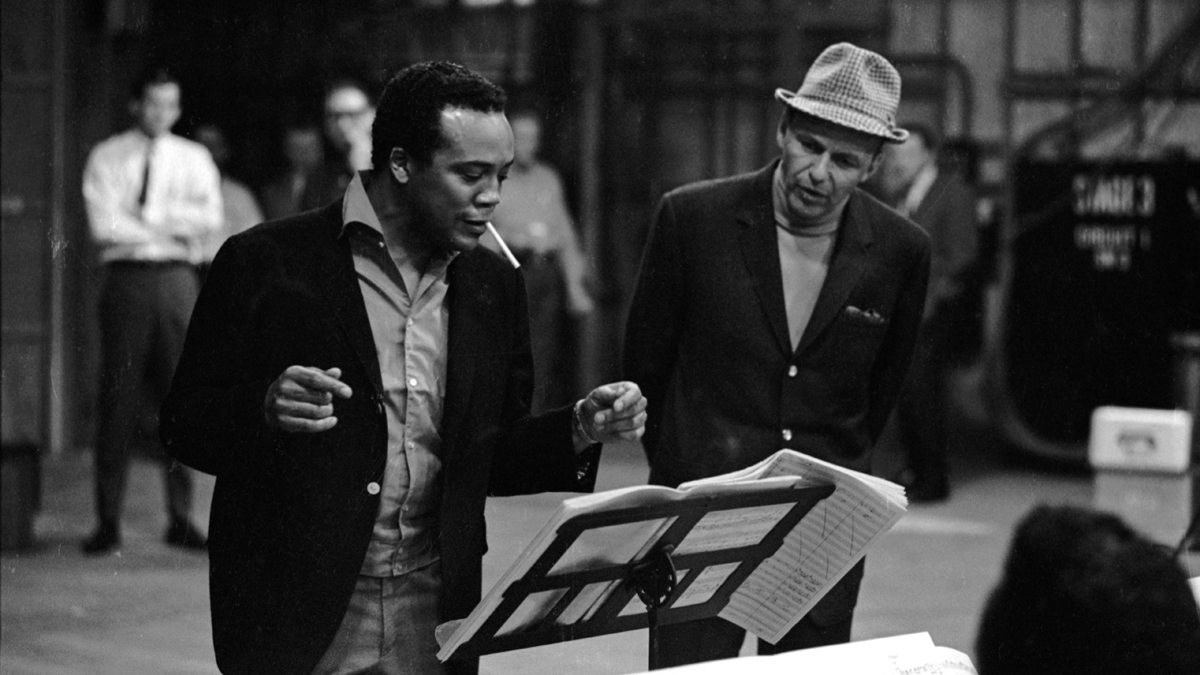
Which of your many achievements in the music industry are you most proud of?
“All of it, man. How do you pick between touring with Lionel Hampton and Dizzy Gillespie, recording with Sinatra, discovering Lesley Gore, composing over 35 films scores, producing Michael’s [Jackson)] biggest albums, We Are The World, producing The Color Purple with Spielberg, The Fresh Prince of Bel-Air, starting VIBE Magazine and owning television stations, and everything in between and afterwards?
"It would be like having to name my favourite child. You just can’t do it. I’m just thankful and grateful that God put me on this planet when he did and allowed me to be a part of all of it.”

I’m the Deputy Editor of MusicRadar, having worked on the site since its launch in 2007. I previously spent eight years working on our sister magazine, Computer Music. I’ve been playing the piano, gigging in bands and failing to finish tracks at home for more than 30 years, 24 of which I’ve also spent writing about music and the ever-changing technology used to make it.
“A fabulous trip through all eight songs by 24 wonderful artists and remixers... way beyond anything I could have hoped for”: Robert Smith announces new Cure remix album
“I have an original 909 – every time I try to use it I feel like I’m ruining it”: House hero Riva Starr on his studio essentials and his love of analogue synths
